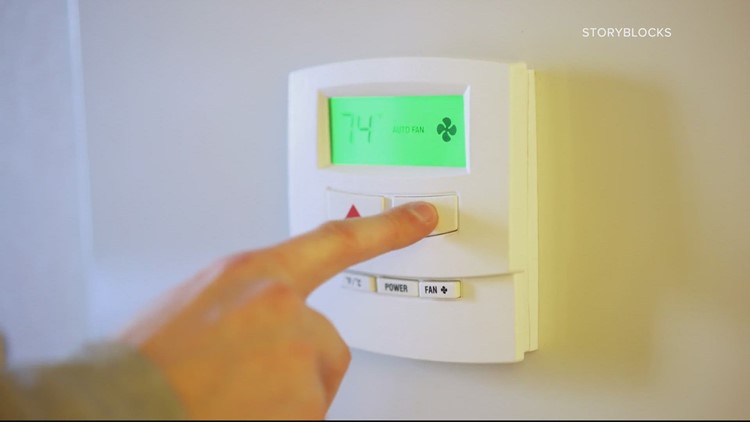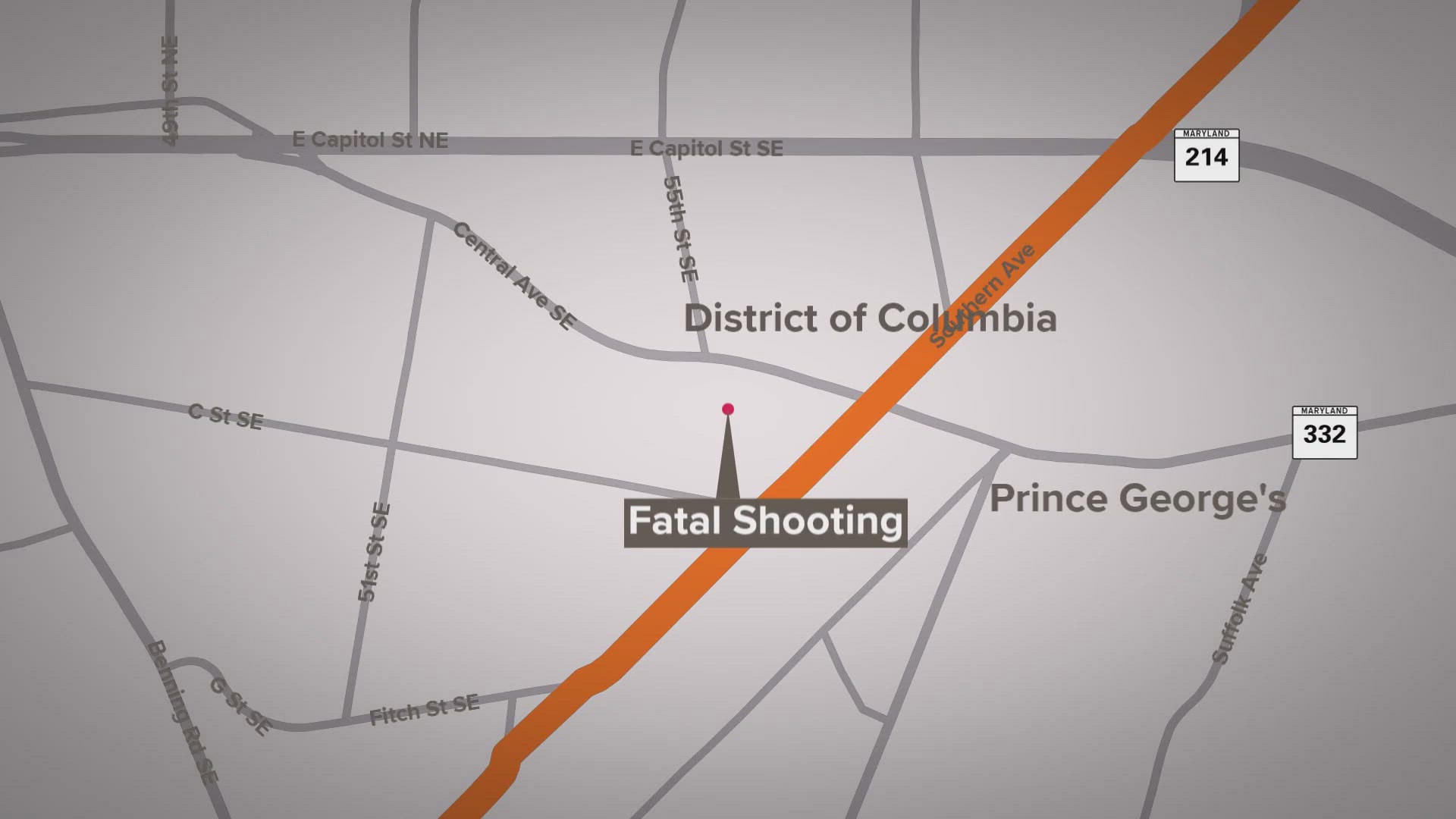WASHINGTON — Staying cool Sunday afternoon may feel harder than normal.
D.C. says temperatures are expected to be 95 degrees or higher in the district, and that's why Mayor Muriel Bowser is planning to activate the District’s Heat Emergency Plan at 2 p.m.
However, WUSA9's forecast shows temps will be closer to the 85-90 range. Stick with WUSA9 for weather updates.
So what does this Heat Emergency mean for you?
Sunday may not be the day to go on a walk or explore the city. If you have to be outside, try to take cover in the shade. Don't forget to wear sunscreen to protect your skin from the sun.
If you don't have any reason to be outdoors, don't be. Stay indoors, throw on some loose fit clothing and keep your air conditioning running.
If you're AC isn't working properly, you can find relief at a cooling center.
If you or someone you know needs transportation to a cooling center, please call the shelter hotline at 202-399-7093. Accessible transportation is available for people with disabilities. Residents can request accessible transportation when contacting 311 or the Shelter Hotline for transportation to a cooling center.
No appointment is necessary to use the shelter and services include restrooms, bottled water and snacks.
What does this mean for your body?
Also, it is likely that your mouth will feel like sandpaper: rough and dry. Make sure as the temperatures rise, you are staying hydrated. Drink water consistently throughout the day.
As temperatures rise, so do the odds of experiencing a heat-related illness. It is important to know the symptoms, especially for high-risk grounds such as people under the age of 5 or over the age of 65. People with chronic illnesses, those taking certain medications, and those exercising outdoors are also high risk.
Signs of heat stroke
- Hot, red or dry skin
- High body temperature of 103 or higher
- Fast, strong pulse
- Confusion
- Slurred speech
- Seizures
- Losing consciousness (coma)
Signs of heat exhaustion
- Excessive sweating
- Nausea or cramps
- Dizziness
- Headache
- Fainting
- Weakness or confusion
- Rapid heartbeat
- Pale or clammy skin
- Muscle cramping
- Dark-colored urine
Heat stroke can come on suddenly, a person can go from feeling well to seriously ill within minutes. If you think someone if experiencing a heat-related illness, call 911.
What does this mean for your pets?
Do not leave them outdoors or in vehicles. Just like you, their bodies can't handle the extreme temperatures.
You should try to take them on walks before 2pm.
Make sure they're drinking plenty of water throughout the afternoon.
For all animal emergencies, including animals left outside in extreme temperatures or in vehicles, call the Humane Rescue Alliance at 202-723-5730.
What does this mean for your community?
Look out for one another. Check on your neighbors--young children, the elderly, and those with access and functional needs are the most vulnerable.
For additional tips on extreme heat, visit ready.dc.gov/extremeheat.



